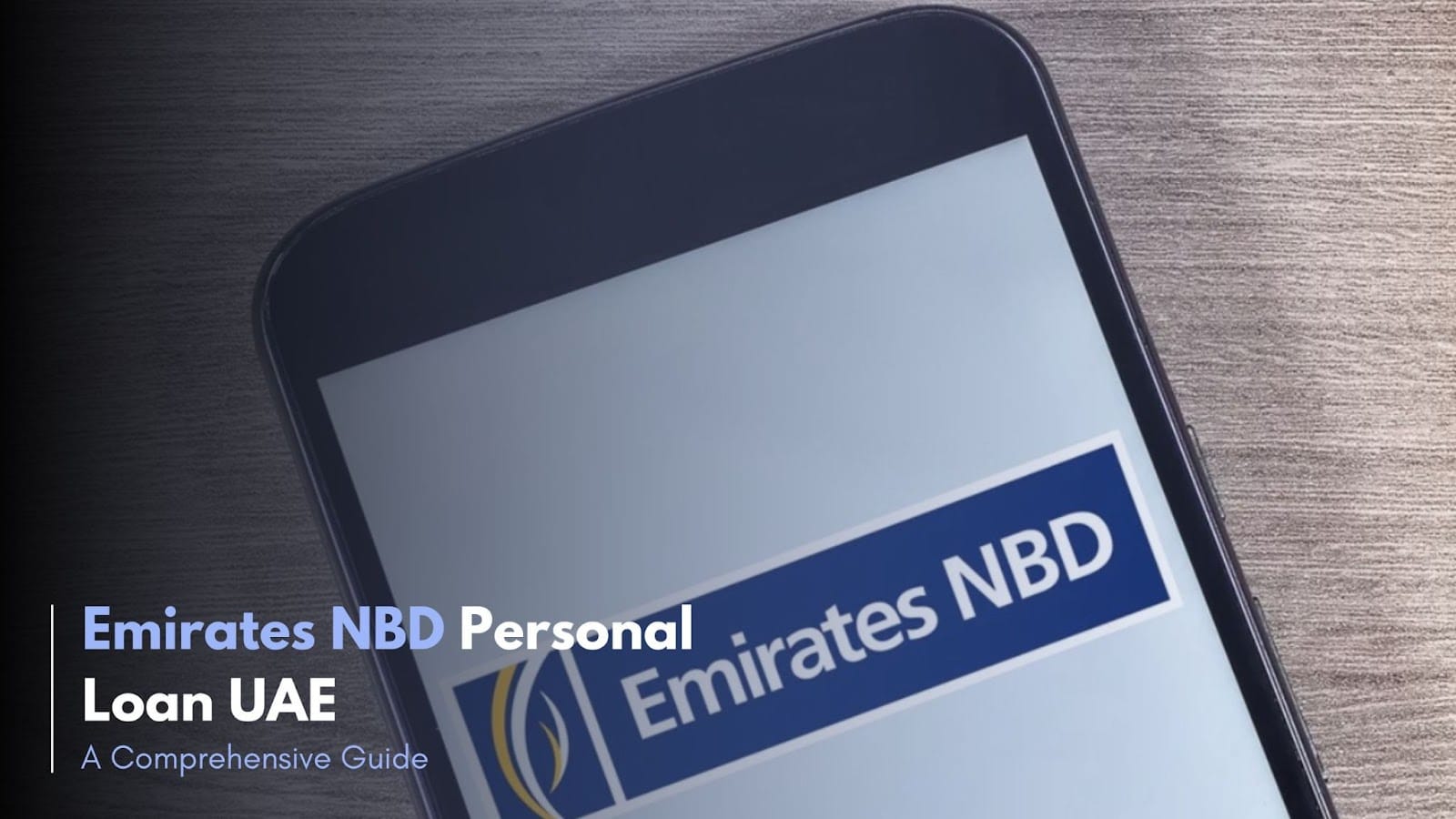Do you feel overwhelmed by multiple debts and juggling different interest rates? If so, a debt consolidation loan could be a helpful tool.
This article will explain exactly what a debt consolidation loan is and how it can simplify your finances by combining your debts into one manageable monthly payment. We’ll also explore the key steps involved and how to decide if this strategy is the right fit for you.
What is a Debt Consolidation Loan?

Debt consolidation is a financial strategy that simplifies managing multiple debts by combining them into a single loan. Imagine juggling several credit cards, each with its own due date and interest rate. Debt consolidation takes all those debts and rolls them into one loan, with one monthly payment and (ideally) a lower interest rate.
This can be a powerful tool for people struggling with:
- High-interest debt: Credit cards often carry double-digit interest rates, making paying down the principal balance difficult.
- Multiple due dates: Keeping track of numerous bills and due dates can be overwhelming.
- Disorganisation: Debt consolidation can help organise your debts and simplify your budgeting process.
Here’s the basic mechanics:
You take out a new loan, typically a personal loan but also potentially a balance transfer credit card. The proceeds from this new loan are used to pay off your existing debts entirely.
Now, instead of multiple creditors, you have just one – the lender who provided the consolidation loan.
Two Main Types of Debt Consolidation Options

Personal Loans
Offered by banks, credit unions, and online lenders, personal loans can be used for various purposes, including debt consolidation. They typically come with fixed interest rates and repayment terms.
Balance Transfer Credit Cards
Balance transfer credit cards offer a zero-interest introductory period on transferred balances, allowing you to focus on paying down the principal without accruing interest for a limited time. However, be aware of potential balance transfer fees and high-interest rates after the introductory period ends.
How Does Debt Consolidation Work? (Step-by-Step)
Now that you understand the concept of debt consolidation loans, let’s break down the process step-by-step:
Step 1: Calculate Your Total Debt and Assess Interest Rates
Gather all your credit card statements, loan documents, and other debt records. List each debt, including the creditor’s name, account number, current balance, and interest rate.
Total up all your outstanding balances to get a clear picture of your overall debt. Then, review the interest rates associated with each debt. This will help you determine if a consolidation loan with a lower overall rate can save you money.
Step 2: Shop Around for a Consolidation Loan with a Lower Interest Rate
Research and compare different consolidation loan options, keeping in mind your total debt amount and desired repayment term. Look for lenders offering personal loans specifically designed for debt consolidation.
Consider factors like interest rates, loan terms, fees (origination fees, late payment penalties), and any potential prepayment incentives. Don’t just settle for the first offer you see. Get quotes from multiple lenders to find the most competitive rates and terms that fit your budget.
Step 3: Use the Loan Proceeds to Pay Off Your Existing Debts (Ensure Proper Payoff Instructions)
Once you’ve secured a consolidation loan, receive the loan proceeds. These funds may be deposited directly into your bank account or sent as a check.
Crucially, use these funds to pay off your existing debts entirely. Contact each creditor and obtain their payoff instructions to ensure the full balance is settled to avoid any outstanding fees or delinquency.
It’s important to double-check the payoff amount and account numbers before sending any payments.
Step 4: Focus on Making Consistent Monthly Payments on Your New Consolidation Loan
With your existing debts paid off, you’ll now have one monthly payment to manage for your consolidation loan.
Set up automatic payments to avoid missing payments and potential late fees. Sticking to a consistent payment plan is crucial. This will help you pay down the principal balance of your debt and eventually become debt-free.
Benefits of Debt Consolidation Loans

Debt consolidation loans offer several advantages that can simplify your finances and save you money in the long run. Here’s a closer look at some key benefits:
Reduced Interest Rate
This is the primary advantage. By securing a consolidation loan with a lower interest rate than your existing debts (especially credit cards with high APRs), you can save significant money on interest charges over the repayment period. This frees up more monthly money towards the principal balance, accelerating your debt payoff.
Simplified Debt Management
Juggling multiple bills with different due dates can be stressful and lead to missed payments. Debt consolidation streamlines everything into one manageable monthly payment. This simplifies your budgeting process and reduces the risk of late fees or delinquency marks on your credit report.
Potentially Lower Monthly Payments
Consolidation loans often come with longer repayment terms compared to credit cards. While this can extend the overall repayment timeline, it also translates to potentially lower monthly payments.
This can be helpful if you’re struggling with managing high minimum payments on multiple debts. However, it’s important to be mindful of the trade-off – a longer repayment term means you’ll pay more interest in total if you’re not careful.
Improved Credit Score
Making consistent and on-time payments on your consolidation loan demonstrates responsible credit management to bureaus. This can positively impact your credit score over time, making it easier to qualify for better interest rates on future loans, such as mortgages or car loans.
Considerations Before Consolidation Loan
While debt consolidation can be a powerful tool, it’s not a one-size-fits-all solution. Here are some important things to consider before taking the plunge:
- Lower Interest Rate Not Guaranteed: Your creditworthiness is crucial in qualifying for a consolidation loan with a significantly lower interest rate than your existing debts. Borrowers with good credit scores are more likely to secure favourable rates.
- Extending Repayment Timeline: While a lower monthly payment might seem appealing, remember that you’ll pay more interest over the extended repayment period if you are more careful about paying the principal aggressively.
- Temptation of New Debt: The danger of accumulating new debt while paying off the consolidation loan. This can completely negate the benefits and trap you in a cycle of debt. Discipline is crucial – avoid using credit cards or incurring new loans while paying off your consolidation loan.
Is Debt Consolidation Right for You?
Debt consolidation can be a valuable strategy for simplifying your finances and potentially saving money on interest charges. However, it’s not a magic bullet and comes with its own considerations.
Here’s a quick recap of the pros and cons to weigh:
Pros:
- Potentially lower interest rate and overall debt cost
- Simplified debt management with one monthly payment
- Lower monthly payments with a longer repayment term (be mindful of total interest paid)
- Improved credit score through responsible repayment behaviour
Cons:
- Qualifying for a lower interest rate requires good credit
- Extending the repayment timeline can lead to paying more interest overall
- Temptation to incur new debt while paying off the consolidation loan
Conclusion
In conclusion, the decision depends on your specific financial situation and goals. Consider the amount and interest rates of your existing debts. Also, consider your creditworthiness and ability to qualify for a lower interest rate with a consolidation loan. Lastly, consider your commitment to sticking to a budget and avoiding new debt.
If you’re unsure or have complex financial circumstances, consulting with a financial advisor can be extremely helpful. They can assess your situation, analyse your debt options, and recommend the best course of action for your financial well-being.







